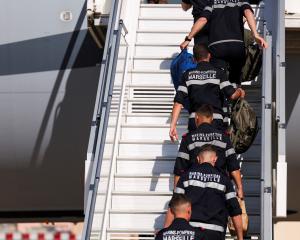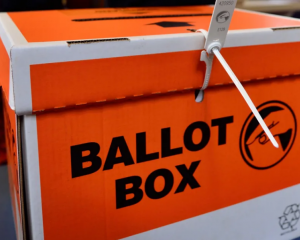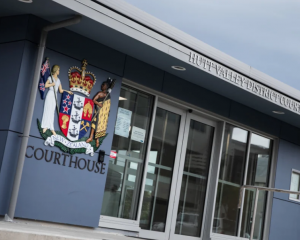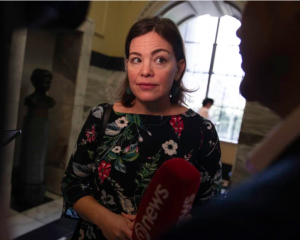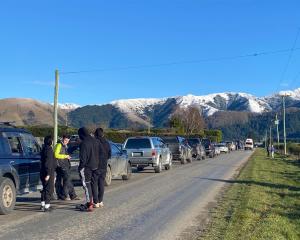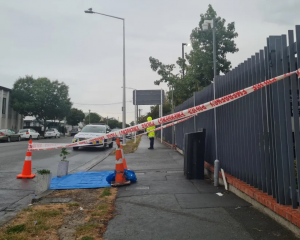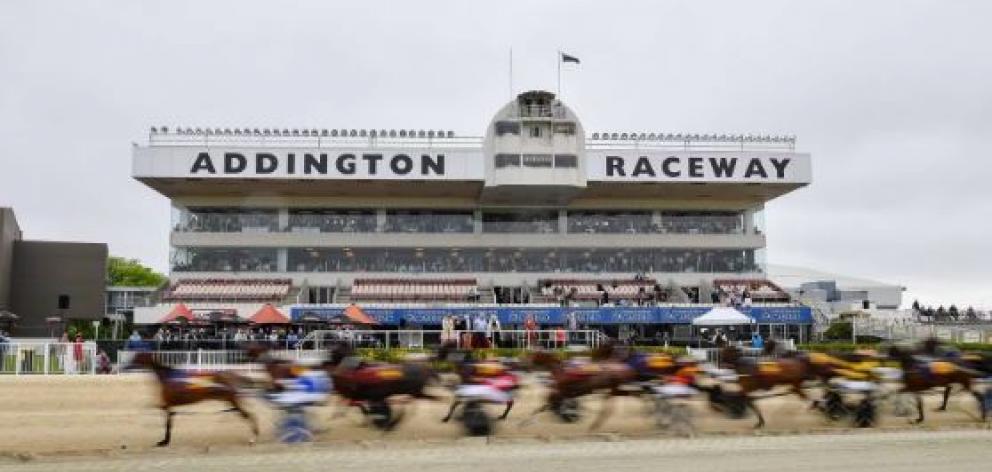
Operation Inca was a 17-month investigation involving phone taps, bugged cars and hotel rooms, and police officers following harness racing drivers to race meetings.
It became public when 11 racing industry participants were arrested in September 2018, most charged with involvement in fixing the outcome of races.
But after Judge Michael Crosbie ruled the last two charges should be stayed, effectively dropped, in the Christchurch District Court on November 10, no race fixing or corruption has been proven.
Other similar or related charges were also dropped last year after lengthy delays.
Most of the 11 people charged have interim name suppression and are applying for that to become permanent.
The fizzling-out of the cases is a far cry from the blaze of publicity when arrests were made around Canterbury in September 2018, citing widespread corruption in the harness racing code.
Harness racing, known by many as trotting, is the smaller of the two horse racing codes in New Zealand and mainly run separately from the larger thoroughbred code.
Some of harness racing’s most successful horsepeople were among those arrested, while many others were questioned by police - but none have been found guilty of race fixing or any form of corruption involving racing.
There were admissions of recreational drug use after evidence of that was also scooped up in the Operation Inca net but that resulted in guilty pleas and, being of a minor nature, diversion was granted.
Harness Racing New Zealand (HRNZ) bosses are awaiting Judge Crosbie’s written findings, scheduled for February.
“HRNZ is still waiting for official confirmation that Operation Inca has come to an end and that charges have been dropped. We are currently seeking that information and confirmation,” says HRNZ chief operating officer Mauro Barsi.
“This has been a challenging time for the industry and once we know more, we may well look to see how these events unfolded and what next steps are needed to support our participants and our integrity.”
A Christchurch lawyer who acted for three of those charged, James Rapley KC, says while the cases are now over, the damage to his clients and the others charged remains.
“There were accusations of corruption and race fixing and the arrests were very public, but after five years it has come to nothing,” Rapley told the Herald.
“This investigation and the hearings have caused divorce, depression and have had real human consequences.”
One of the accused has spent over $400,000 on legal bills and Rapley says his clients will be seeking costs but he says a “woefully outdated act dating back to 1967″ makes it near impossible for defendants cleared of any wrongdoing to get adequate compensation.
After the initial shock at the arrests, many in the industry learned to live with it as the court proceedings dragged on, but now they are over, questions will be asked as to how the investigation got so big when, in one example of alleged match fixing, the race in question involved a bet of a mere $200 by one of the winning horse’s owners for a $280 profit.
Horse race or match fixing is an unusual charge in New Zealand because the prosecution must prove that an act was done with intent to influence a betting outcome by manipulating the race result, and in doing so, the accused obtained an advantage or caused loss to another.
To that end, the racing industry’s own investigators, the Racing Integrity Unit (which now operates as the Racing Integrity Board or RIB) was called in by police for expert help.
With the police cases now dropped, the Herald understands the RIB will not seek to launch any new investigation or issue any charges under the Rules of Racing.
By Michael Guerin


